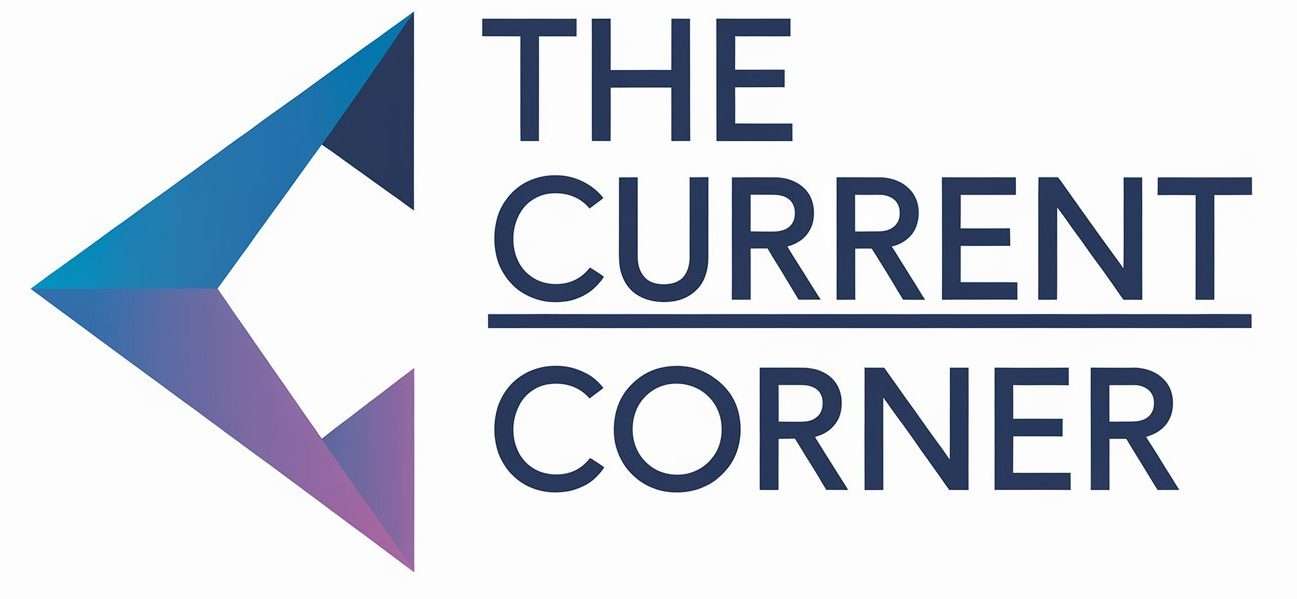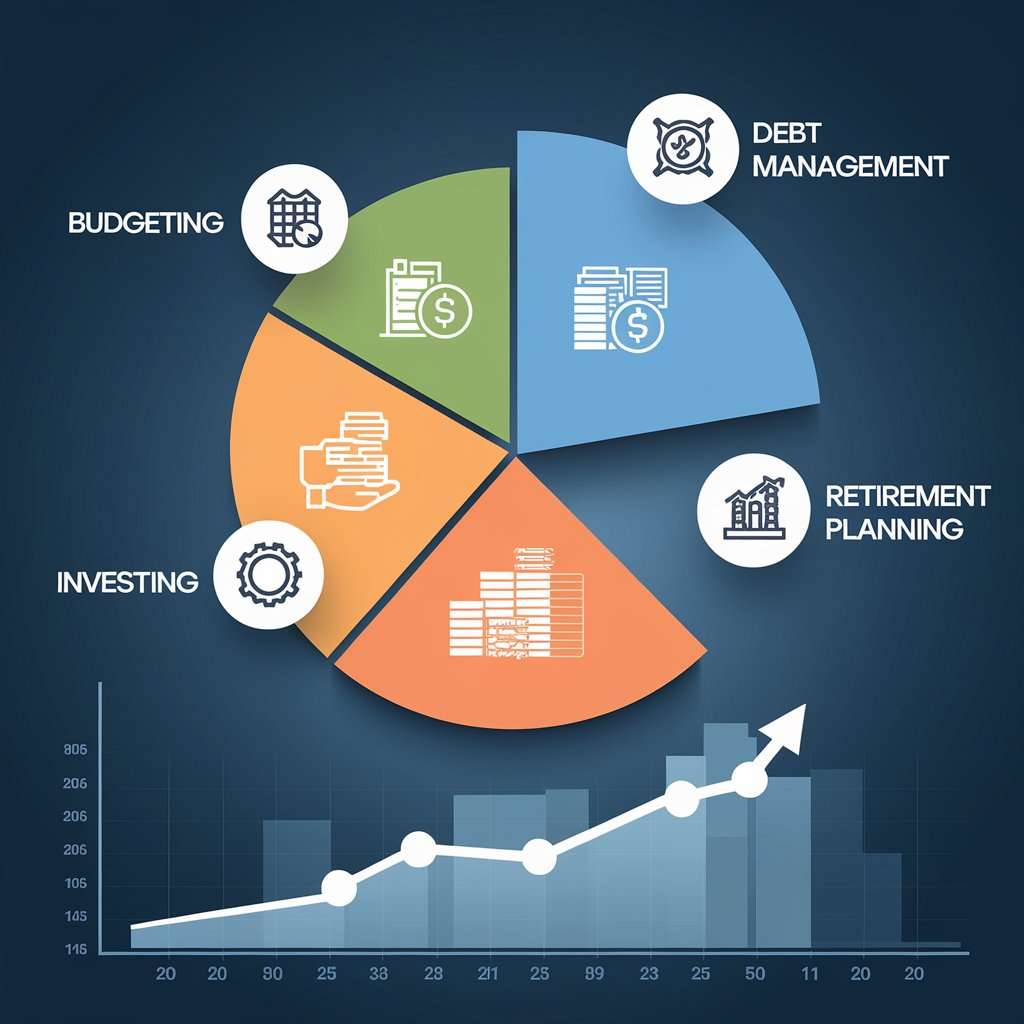Best fintech apps for personal finance management
Personal Finance Trends Today: Key Insights and What You Should Know
In today’s dynamic financial environment, personal finance is evolving rapidly, shaped by macroeconomic conditions, technological advancements, and changing consumer behavior. Whether you’re managing debt, planning for retirement, or investing, staying on top of the latest trends can help you make smarter financial decisions. Here’s an overview of the key personal finance trends dominating today’s landscape and how you can navigate them.
Inflation Continues to Influence Spending and Savings Habits
Though inflation has moderated in 2024 compared to previous years, it continues to impact consumer spending and savings patterns. While the inflation rate is currently at its lowest since 2021, households are still feeling the squeeze of higher prices on essentials such as groceries, housing, and healthcare.
Many individuals are adjusting by prioritizing savings, cutting discretionary spending, and focusing more on budgeting tools. It’s crucial for consumers to re-evaluate their financial plans to accommodate lingering inflationary pressures. For example, increasing emergency fund contributions and focusing on essential expenses can provide stability in uncertain times.
Rising Credit Card Debt
U.S. credit card debt recently hit a record high of $1.14 trillion, as many households struggle to keep up with rising interest rates and living costs
With the Federal Reserve’s decision to raise interest rates, credit card balances have become more expensive to maintain, creating challenges for individuals already dealing with high debt levels.
To mitigate the impact, experts recommend paying down high-interest debt as a priority. Consumers are also advised to switch to lower-interest alternatives like personal loans or debt consolidation to manage their obligations more effectively.
Increased Focus on Retirement Planning
With market volatility and economic uncertainty on the rise, more individuals are focusing on their long-term financial security through retirement planning. In particular, younger generations, such as millennials and Gen Z, are taking a proactive approach to saving for retirement. According to recent surveys, more than 60% of millennials have a retirement savings plan in place, and 43% have increased their contributions in the last year.
Retirement planning tools, such as Roth IRAs and employer-sponsored 401(k) plans, are becoming essential for building financial stability in later life. Consumers are advised to start planning early, take advantage of employer matches, and diversify their retirement portfolios to mitigate risk.
Fintech and Digital Finance Solutions on the Rise
The growth of fintech companies continues to revolutionize personal finance. Digital banking, robo-advisors, and budgeting apps are making it easier for consumers to manage their money efficiently. Apps like Mint, YNAB (You Need a Budget), and Personal Capital provide real-time insights into spending, saving, and investment strategies, helping consumers stay on track with their financial goals.
Additionally, fintech services like Chime and Cash App are offering more flexible, fee-free banking services, appealing particularly to younger generations seeking alternatives to traditional financial institutions. These platforms are also enabling faster access to services such as peer-to-peer payments, investment opportunities, and loan management.
ESG (Environmental, Social, and Governance) Investing
Socially responsible investing is another growing trend within personal finance. More consumers are interested in investing in companies that prioritize ESG principles. These investments not only align with personal values but can also offer strong financial returns.
In 2024, ESG funds continue to attract a significant amount of capital. In fact, according to recent data, ESG-focused funds are expected to grow by 20% this year
Consumers looking to incorporate ESG into their portfolios should focus on mutual funds, ETFs, or specific stocks that meet the necessary environmental and ethical standards.
Automation of Personal Finances
Automation tools are transforming the way people manage their finances. From automating bill payments to automatically contributing to savings and investment accounts, technology is enabling consumers to streamline their financial management processes.
For instance, apps like Acorns and Stash help users automate investments by rounding up purchases and investing the spare change. Automation reduces human error and encourages consistency in saving, making it easier for individuals to build long-term wealth without actively managing every step.
Health Savings Accounts (HSAs) as Investment Tools
More individuals are beginning to view Health Savings Accounts (HSAs) as a vital part of their personal finance strategies. HSAs offer triple tax advantages: contributions are tax-deductible, earnings grow tax-free, and withdrawals used for qualified medical expenses are also tax-free.
With healthcare costs continuing to rise, using HSAs as an investment tool is a smart way to save for future medical expenses while also benefiting from tax advantages. Consumers are advised to contribute the maximum allowable amount annually and consider investing HSA funds in growth assets like stocks.
The Role of Side Gigs and Freelancing in Income Growth
In today’s gig economy, more people are turning to side hustles and freelancing to boost their incomes. Whether it’s selling products online, freelancing, or driving for ride-sharing services, side gigs have become an important component of personal finance planning.
A recent survey revealed that over 36% of working adults in the U.S. are involved in freelance or gig work.
With inflation affecting take-home pay, having multiple income streams can help individuals build financial resilience and achieve their financial goals faster.
Personal Finance is Becoming More Tech-Driven and Proactive
The personal finance landscape is rapidly evolving as individuals adapt to new economic realities and leverage technology to manage their finances more efficiently. By staying on top of these trends—whether it’s automating savings, exploring ESG investing, or planning for retirement—consumers can navigate today’s challenges with greater confidence.




